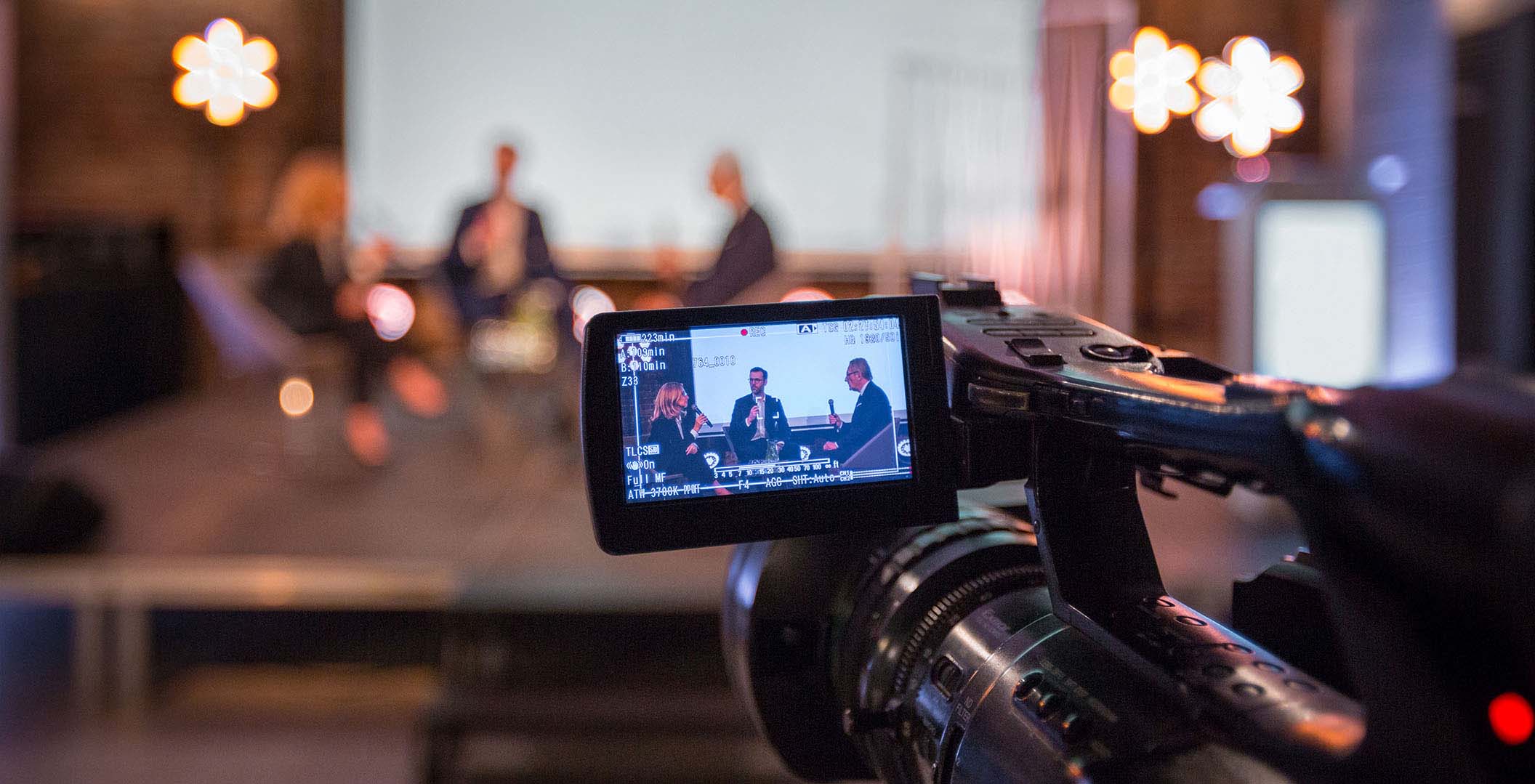Climate Week NYC 2020: What We Learned during This Year’s Event

In 2020, the event took on heightened significance as the COVID-19 pandemic forced other major climate conferences — most notably the annual UN climate convention, COP26 — to be cancelled or postponed.
Our corporate sustainability team at VOX has been helping companies navigate this annual event for many years. We congratulate several VOX clients that made big announcements and discussed their environmental work this year, including AT&T, Bank of America, Trane Technologies and Walmart. Here are our key takeaways from the event:
Virtual Format: A Blessing and a Curse
In 2020, the biggest change compared to previous Climate Weeks was the first-ever virtual format. It came with a number of advantages. For one, it allowed more senior leaders to attend because a virtual speaking engagement is much easier to fit into a busy leader’s schedule than a trip to New York City. This year’s event included luminaries like HRH Prince Charles, Walmart CEO Doug McMillon, Unilever CEO Alan Jope, Nestlé CEO Mark Schneider and Alok Sharma, president of COP26, among others. Importantly, the new format also dramatically cut the greenhouse gas emissions footprint of the event — and that’s ultimately what Climate Week is all about.
While these are important benefits, something less tangible was lost. Time and again, we’ve watched business leaders attend Climate Week and be inspired by the conversations they have as part of the official schedule and especially during the many unscheduled interactions that are part of every conference. A virtual Climate Week does make it harder to have those conversations.

Companies Are Committed to Action as Expectations Continue to Rise

The Importance of CEO Engagement
Transitioning from Pledges to Action
While Climate Week 2020 was undoubtedly a success for the companies that participated and used the event as a platform to roll out new commitments, we are starting to see what one reporter called “pledge fatigue.” Any credible corporate effort to tackle climate change should start with clearly defined, ambitious and public goals that create accountability. At the same time, it’s important to act on and make progress against those goals, rather than keep rolling out ever new pledges. This is, of course, the hard part of tackling climate change, but it’s also the part that truly matters for the long-term prosperity of businesses and communities around the world.







